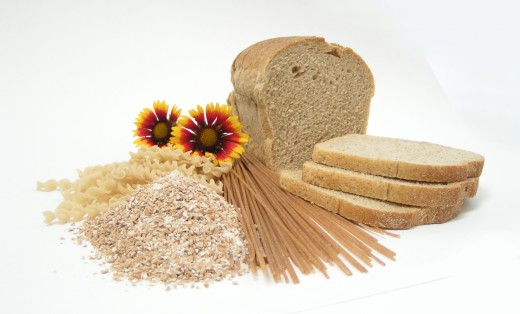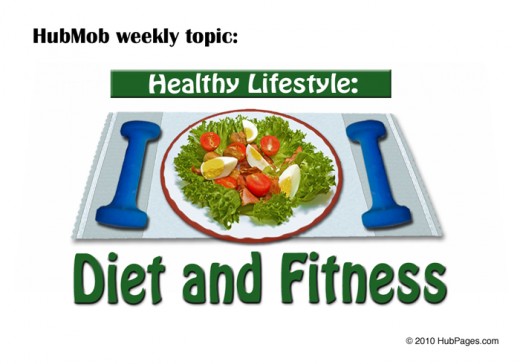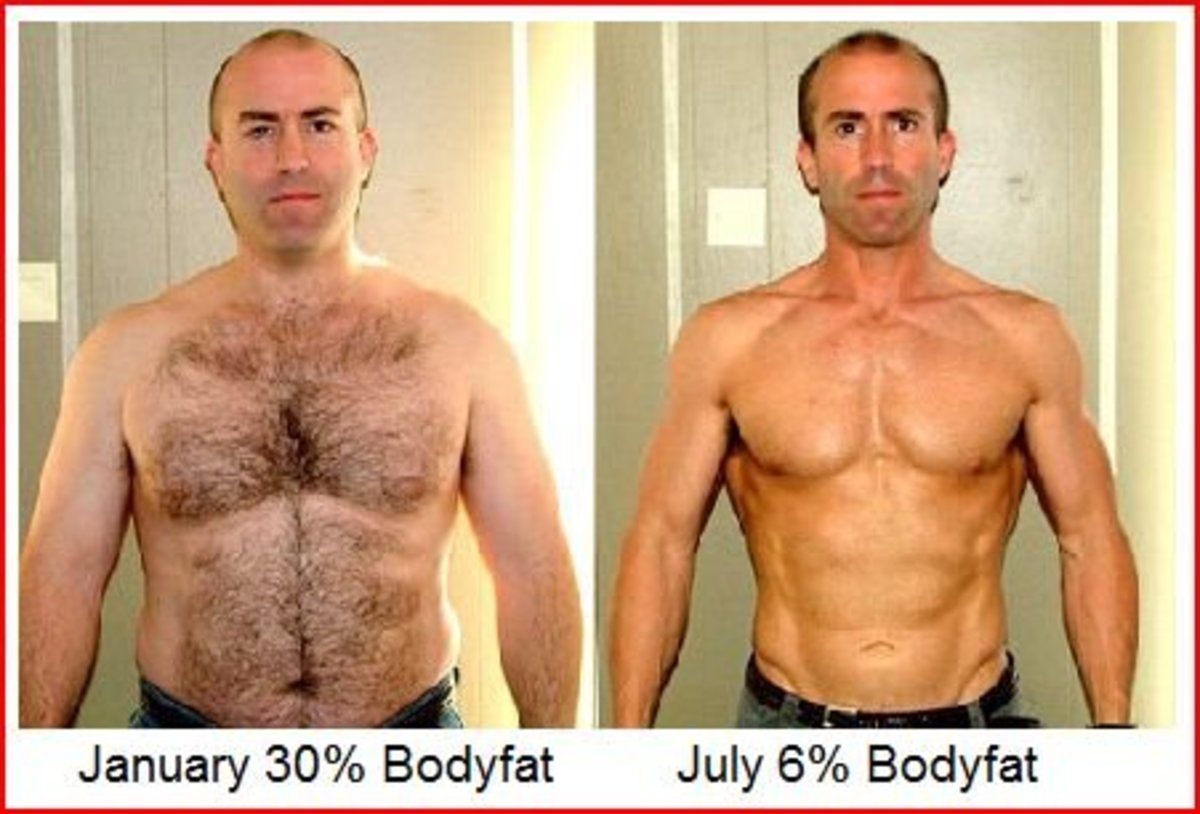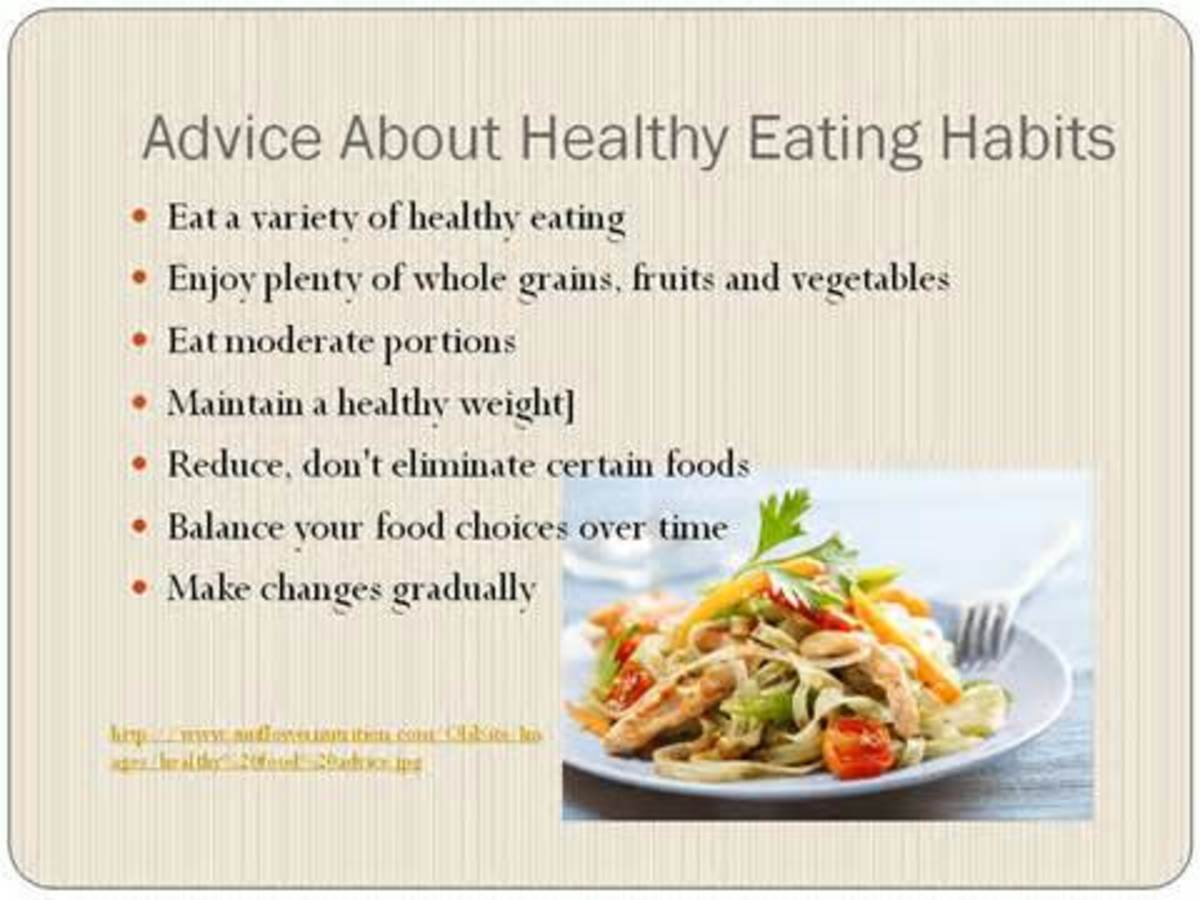Health and Fitness - Healthy Diet for Active People
Food and Sport
What to eat?
Everyone who exercises regularly also wants to know which is the best way to get all the nutrients needed for their energy expenditure, and maintaining good health. Right!?
This article will explain how to do that, before, during and after training.
First, I would note that the information described in this article are for informational purposes only.
It is based on current literature relating to nutrition in sport and having no intention to oppose or contradict the individualized eating plans prescribed by other nutritionists.
More specific nutritional strategies should be prescribed by yourself, or by a specialized sport`s nutritionist.

Nutrition
Nutrition is fundamental to all kinds of athletes not only to "shape" the body but also to improve sportive performance. Particularly when trying to overcome sporting results.
But it goes much further: it is a key factor for maintaining a proper biological functioning of our body.
For these phenomena to occur, the ratio of nutrients must be balanced and appropriate to the individual's daily energy expenditure.
Carbohydrates, proteins, fats (macronutrients), vitamins, minerals (micronutrients) and water must interact in perfect harmony, thereby maximizing the desired effects.
Imbalances, excessive quantities, or nutrient deficiencies, will all delay and undermine the attainment of objectives, and finally undermining your overall health.
The Nutrients
Carbohydrates are the main sources of energy, providing about 4 calories for every 0.035 ounce of HC.
They are responsible for providing energy for muscle contraction (glucose, which is stored as glycogen in your muscles and liver).
They are also energy source for the central nervous system (glucose is virtually the only fuel the central nervous system uses as energy substrate).
Carbohydrates have an important role during the oxidation ("burning") of stored fats in the body.
---
Proteins are fundamentally important repairing and building body tissues like muscles, blood vessels, skin, etc.
It has an important role in hormones formation and blood clotting.
Secondarily, proteins can also serve as an energy source (not easy, or healthy).
Each gram provides about 4 calories.
---
Fats are the nutrient that provides more calories (9 calories per gram). They are the main sources of energy when the individual is at rest.
Are important for various metabolic processes in fat soluble vitamins absorption (fat soluble vitamins), such as vitamins A, D, E and K.
They are needed for the formation of certain hormones and also for the thermal insulation against cold.
Normal fat deposits are also very important as they protect internal organs from external impacts.

Vitamins and Minerals are nutrients that don`t provide any calories but they are extremely important for the metabolism of HC, proteins and fats.
They help regulating organic function and fighting against free radicals (substances produced naturally by the body, causing irreversible damage in cells and premature aging).
There are several supplements available on the market but several scientific studies have concluded that through a balanced diet, that meets the needs of the individual, it is possible to obtain the required amount of vitamins and minerals (some studies go so far as to assert that these nutrients are much better assimilated from Food rather than through supplementation).
Individuals who go through low calories diets (below 1200-1400 calories / day) are those who are at higher risk for deficiencies of these nutrients.
---
Water does not provide energy as HC, proteins and fats, but is much needed for any metabolic interactions to occur.
Its deficiency causes a rapid and noticeable drop in performance. Being the main constituent of blood, the transport of nutrients and products of metabolism are therefor dependent on the degree of hydration of each individual.
Thermal body regulation is also a function you should expect from water. So, hydration (especially with water) is essential to keep you cool.

Then What to Eat?
Once we get to know nutrients a little better it`s time to approach the theme of the article itself: what to eat before, during and after workouts.
As previously stated the following nutritional strategies and recommendations will have no effect if the remaining daily diet is not balanced or not in accordance with individual needs. The next information is generic and does not exempt a specialized nutritional counseling.
Errors related to nutrition / food can cause health risks. If you have any doubt you should seek advice from a nutritionist specializing in sports area.
Before training
To increase muscle mass it`s recommended eating a meal rich in carbohydrate (1 - 2 hours before training). Avoiding fructose (fruit sugar) mainly due to the possibility of some gastrointestinal disorders that may occur.
Of course one must ensure an acceptable hydration immediately before training (300-600 ml or 1-2 glasses of 250 ml).
To reduce the percentage of body fat mass some individuals eliminate carbohydrates before the workout. Theoretically this behavior could force the body to use stored fat reserves. But in contrast it may also be enough to make you go out of energy (and give yourself a hypoglycemia) leading to a more rapid depletion of muscular glycogen which can compromise the continuity of the exercise.
Moreover, this situation can lead to muscular dystrophy, when the body use muscle protein as energy source, leading to loss of muscle mass (proteolysis).
If the aim is to lose fat, make sure you eat the right amount of calories, in the daily diet, from carbohydrates (which represents between approximately 60% and 70% of total caloric value needed).
During training
The main role of nutrition during training is to preserve muscle glycogen. However, ingestion of any food / drink is suitable for activities that last longer than 60 minutes or that are intense and lasting approximately 45 minutes.
Granola bars and sports drinks are practical options.
In relation to hydration, it is recommended an intake of 250 ml (1 cup) of water every 15 minutes. If there is water consumption along with a sports drink, is suggested intake of 500 ml of isotonic drink per hour, plus 250 ml of water every 30 minutes.
After training
The physiological process of post-workout it`s called the resynthesis of muscle glycogen, the preservation of lean body mass (muscle) and also speeding up the recovery for the next workout.
The faster your recovery time is, the more intensely you will be able to train the next day and the organism will be less prone to injury, muscular contraction and diseases.
Immediately after training (next 20 minutes) one should consume high glycemic index carbohydrates (granola bars, maltodextrin, honey, dextrose, etc.). The glycemic index is the capacity (or the speed) that food has to be absorbed by the body and raise blood glucose (blood glucose or blood sugar in the blood) as compared with the glucose molecule itself.
When this increase of glucose happens a hormone is also released: insulin. Which facilitates the absorption of glucose by muscle.
Scientific studies have concluded that, immediately after training, carbohydrates intake (preferably in liquid form and containing glucose, sucrose or glucose polymer) supplies the glycogen storage and maximizes the degradation of fat.
It is therefore suggested, to avoid the intake of fruits "alone" during this period (there must be some kind of complex carbohydrate ideally attached to it), because fructose (fruit sugar) takes longer to be assimilate and harder to assure the energy replacement.
One should drink two glasses of water for every pound lost during the workout!
You can also have some drink rich in carbohydrates (high glycemic index) and proteins after training. This "formula" allows the body to better assimilate the amino acids in the drink (because it builds and repairs the damaged muscle mass) and makes the glycogen resynthesis to compensate the lost during workouts.
The presence of carbohydrates and protein is a "perfect fit" because it causes the body to synthesize insulin and growth hormone (GH). Insulin facilitates the glucose absorption into the interior of cells, prevents protein degradation and promotes muscle building. Since GH increases resting metabolic rate, helping thereby decreasing lipids (fat).
In short...
In recent years, the ceaseless quest for the perfect body has significantly increased the demand for specific physical exercises, and balanced diets are essential to allow athletes to reach their goals whether they are related to performance, with the aesthetic component or improvements in quality of life.
Exercising regularly is the ideal, preferably under the super-vision of professionals in the area.
===========================================================

Do you know what you`re eating?
Do you know how to read food labels? Maybe you thought you did.
Truth is, you probably don't.
But Jeff Novick, MS, RD does. And in his full talk on the video bellow he shows the 3 easy steps you must know if you ever buy foods at any supermarket or "health" food store.









